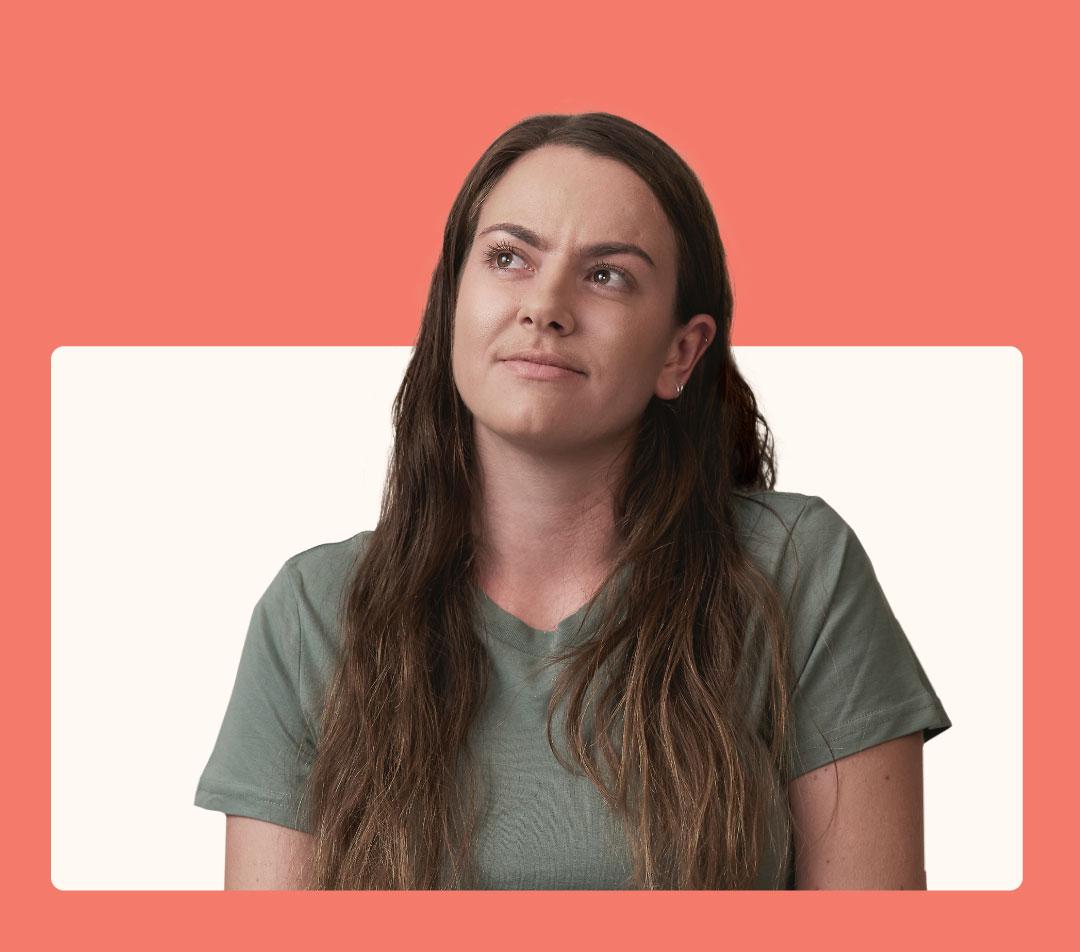Insights
KiwiSaver fees - what do they pay for?
Why do some KiwiSavers cost more than others

OPINION: I needed a new bike, so I looked at different models. I chose one with multiple gears and quality brakes. While it wasn’t the cheapest option, I wanted one that performed better than the base model, so I spent a bit more money.
With most things in life, if you want more features, higher quality or better performance you don’t get it with the most basic, cut-price or budget model. Quite simply, extra features, or better quality, costs.
This general rule is true for everything from ice-cream to stereo systems; it’s a mystery to me why we don’t treat KiwiSaver the same way. There’s a reason why some KiwiSavers have higher fees. Some offer higher levels of service, like letting you speak to a human being on the end of a phone. Some (like Pathfinder) go even further and offer the opportunity to speak to a financial adviser for no cost.
And there are different approaches to investing. Some KiwiSaver's are passive and try to track an index as cheaply as possible, which essentially means buying everything in the market with no discretion. It can be effective but is also inflexible.
Other KiwiSaver's are active, hiring a team of investment professionals to make research-based investment decisions. Quality research and an investment team have a cost, but if they do their job then you have the opportunity to outperform the market.
Over the 10 years to 30 September 2023, the top actively managed KiwiSaver growth fund outperformed the top passive KiwiSaver growth fund by over 2%* per annum after fees. That’s a huge amount over five years and would have a meaningful impact on your KiwiSaver balance.
The fixation on lower fees makes no sense if an active manager can perform better.
Some active KiwiSaver's can also take a strong ethical approach to investing. I’m not talking about simply avoiding the likes of gambling, tobacco and controversial weapons, it’s easy for even passive managers to implement some exclusion rules. I am talking about positively investing into impactful companies or sustainable themes like energy efficiency and renewable energy. Again, this positive investing approach requires more research and that costs money.
We can’t ignore that in the past there have been some fund managers saying they’re active and charging higher fees, but looking under the hood you could see they were really just passive dressed up with higher costs. Thankfully the regulator, the Financial Markets Authority, has shaken them down over recent years.
Don’t use fees as the main determinant for choosing a fund. Look at what those fees are paying for, the services offered, the investment approach provided and decide if it is value for money. In the end, it’s the returns after fees, not the level of fees, that we should be obsessed with.
If you want to compare how different funds are performing after fees, you will find up-to-date information in the Morningstar KiwiSaver Survey.
Learn more about Active vs Passive managers.
Understand more about Fees vs Performance
----
*Source: Data for Growth Funds from the Morningstar KiwiSaver Report: 30 September 2023. Past performance is no guarantee of future returns. We encourage all investors to seek financial advice prior to making investment decisions.

by John Berry
Co-Founder, CEO, Member of Ethics & Investment Committee, Director
John is committed to making ethical investment accessible to all NZ investors. Before co-founding Pathfinder in 2009 John worked in law firms and investment banks in Auckland, London and Sydney. He has a BCom/LLB(Hons) from Auckland University and is a board member of Men’s Health Trust. In 2023 John was awarded as the Sustainable Business Networks Sustainability Superstar.


